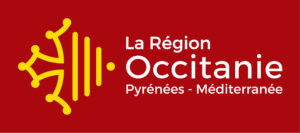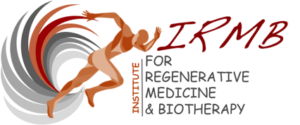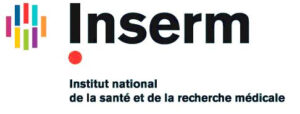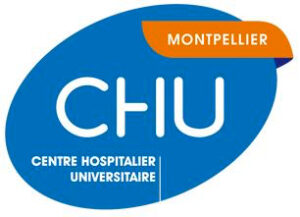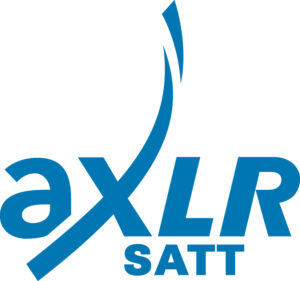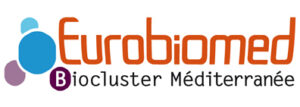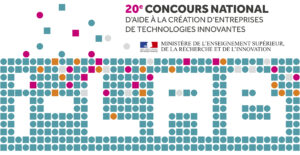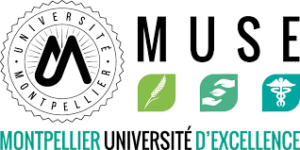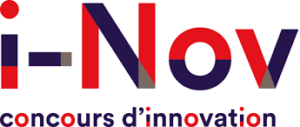About
Stem Genomics
Stem Genomics is a French biotech company specialized in the design of innovative testing technologies for stem cells.
A spin-out of the Institute for Regenerative Medicine & Biotherapy (IRMB) and co-founded by Prof. John de Vos and Dr. Said Assou, experts in stem cell genomic integrity, Stem Genomics has emerged from a prestigious scientific environment.
Located at the heart of the University Hospital Centre of Montpellier, the IRMB houses research groups working on basic stem cell research and innovative applications for regenerative therapy with the aim of facilitating the transfer from research to clinical applications.
Founded in 2018, we work with +200 clients worldwide, from academic institutions to biotech companies and core facilities. We service our North American clients from our laboratory based in the Research Triangle in Durham, North Carolina, and our European and other international clients from our headquarters in Montpellier, France.
"Innovation is our drive; commitment to health our ethos"
Stem Genomics is a team of passionate and committed individuals whose aim is to support research scientists in achieving qualitative and reliable cell lines for their work.
We have developed in-house expertise in stem cells and in innovative genetic stability assay technologies which enable us to perform most of our tests on our own platform. In parallel, our R&D team is continuously developing latest generation quality controls assays.
We pride ourselves on our reactivity and availability in our relationship with our clients throughout the process.
Founders

Nicolas CHAPAL
Founder and Chief Executive Officer
Founder and Chief Executive Officer Nicolas Chapal has worked for more than 20 years in life sciences and healthcare biotechnologies. He started his career as R&D project leader in a pharmaceutical company in France and Canada. Then, he created and managed a start-up dedicated to diabetes prevention for 10 years. Nicolas has extensive experience in strategic and operational business management and in developing innovative companies.

Prof John DE VOS
Founder and Scientific Advisor
John De Vos is a Professor of Medicine at the University of Montpellier. He is one of the key managers of the Institute for Regenerative Medicine and Biotherapy (IRMB) and the Director of the Cellular Therapy Department of the University Hospital Centre of Montpellier. John was one of the first researchers in France to differentiate human embryonic stem cells and to produce induced pluripotent stem cells. For the last 10 years, he has been developing strategies to characterize the genomic integrity of stem cells with the objective of making cell therapies safer. John is a member of various learned societies, and the Founder and President of the French Society for Stem Cell Research (FSSCR). He is frequently invited to present his work at international meetings.
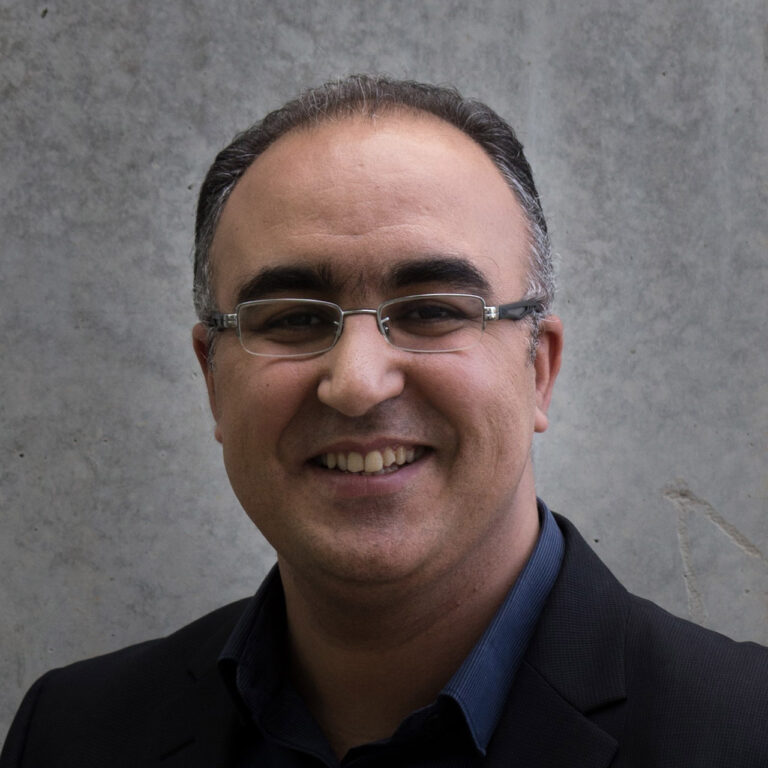
Said ASSOU
Founder and Scientific Advisor
Dr Said Assou is a specialist in stem cell genomic integrity. Said works at the Institute for Regenerative Medicine and Biotherapy (IRMB), and he is the research manager of the group “Genomic instability of pluripotent stem cells”. For years, his work has been focused on the design and development of diagnostic tools to translate basic research findings into clinical applications for regenerative medicine, and particularly tools for the analysis of induced pluripotent stem cells in culture. His research has led to numerous scientific publications and several patents.




